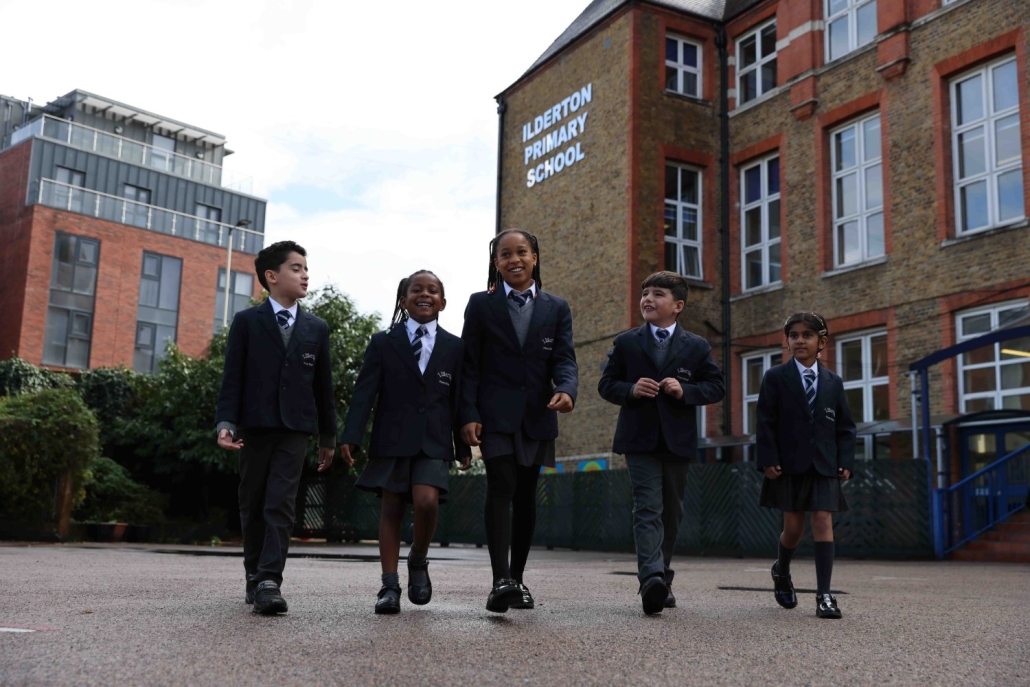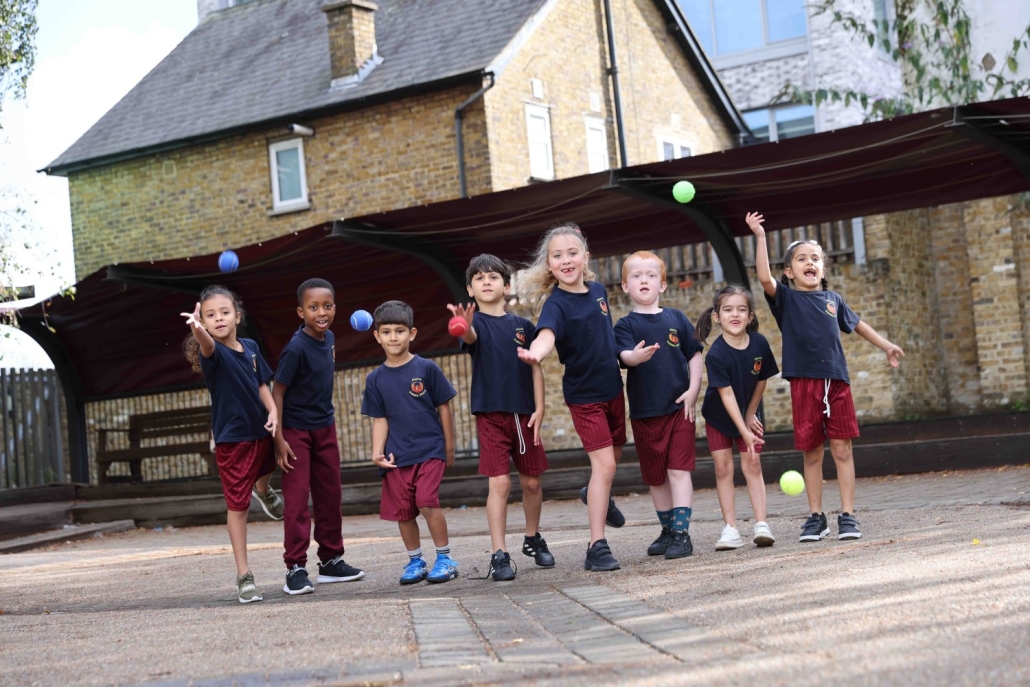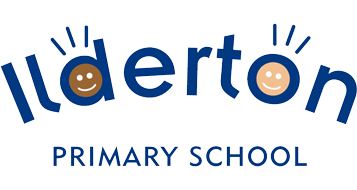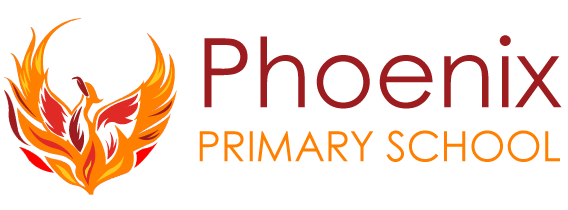The Mayflower Curriculum
Aim of our Curriculum:
The aim of our curriculum is to engage every child in a relevant and interesting curriculum. We believe as educators that the curriculum should be aspirational, purposeful and inclusive, to ensure that all children develop a sense of curiosity and identity in the world around them. A progressive curriculum offers the chance for every individual child to access learning at their level by building on previous knowledge and skills. Each child should be challenged and inspired through a rich curriculum to ensure that they are motivated to achieve their best in preparation for the next key stage.
Objectives of our Curriculum:
- To provide a curriculum that facilitates opportunities for every child to access a broad and balanced curriculum that encompasses all objectives of the National Curriculum and beyond.
- To develop all children’s aspiration, confidence, independence and self-motivation relevant to life in modern Britain.
- To engage pupils in learning that promotes depth and a richer understanding of the world – past, present and future.
- To underpin reading, writing and speaking and listening skills across the curriculum in a variety of contexts for a range of purposes.
- To challenge and support every child so that they reach their potential or National academic benchmarks and are well prepared for the next key stage.


Rational – Our Approach to Curriculum Design
EYFS – Nursery and Reception
In EYFS, children will experience the seven areas of learning that are outlined in the DfE Guidance – Development Matters. This is organised under the following areas:
- Personal, Social and Emotional Development
- Communication and Language
- Literacy
- Mathematics
- Understanding the World
- Physical Development
- Expressive Art and Design
These areas underpin the organisation of the learning environment; the activities provided for children and the monitoring of children’s progress and development.
Children benefit from meaningful learning across the Early Years curriculum through play-based activities. The EYFS curriculum is taught considering responsible pedagogy in relation to the learning needs of the children in order for children to understand the world around them. Staff present information clearly to children, promoting appropriate discussion about the subject matter being taught. They communicate well to check children’s understanding, identify misconceptions and provide clear explanations to improve their learning. In so doing, they respond and adapt their teaching as necessary. Staff read to children in a way that excites and engages them, introducing new ideas, concepts and vocabulary.
All Early Years staff help young children learn and cover all aspects of the curriculum in order to best prepare children at the start of their school journey. Adults’ interactions with children during planned and child-initiated play and activities ensure clear communication to provide a model of language through showing, explaining, demonstrating, exploring, encouraging, questioning and recalling. Therefore, adults are able to facilitate and set challenges to assist children’s progress in all areas of the curriculum. The provision provides attention to the physical environment, as well as the structure and routines of the day that establish expectations. Integral to teaching is how practitioners assess what children know, understand and can do, as well as taking account of their interests and dispositions to learn (characteristics of effective learning), and how practitioners use this information to plan children’s next steps in learning and to monitor their progress and to integrate new knowledge into larger concepts. The skills that children develop in order to gain new knowledge prepares them for the work they will undertake in Key Stage 1 and 2.
Key Stage One and Two – Years 1 to 6
In Key Stage One and Key Stage Two, children are taught all the elements of the National Curriculum for both core (English, Maths and Science) and foundation subjects (history, geography, music, art, physical education (PE), design technology and religious education). Philosophy is also features in our curriculum in order to generate opportunities for critical thinking. In Key Stage Two, children are taught Spanish as a Modern Foreign Language.
Key Stage 1 and 2:
Our curriculum encompasses a balance of subjects to ensure children receive a broad curriculum. These subjects include:
- Literacy (Reading)
- Literacy (Writing)
- Maths
- Science
- History
- Geography
- Art
- DT
- RE
- PSHEE
- RSE
- Music
- Spanish
- PE
- ICT
- Spelling Punctuation and Grammar
- Handwriting
The Mayflower Federation has taken an approach to teaching the curriculum in a model that allows children to become immersed in historical, geographical or scientific knowledge before using this as a context for writing. We have made this decision to teach the curriculum in this way so that:
- Every child can be immersed within a topic relevant to the world around them, enabling strong links that allows breadth of exploration of engaging themes, concepts, knowledge and skills.
- The learning that takes places across each half term, year group and key stage can be progressive and children are given the chance to apply previous learning in a more dynamic and tangible manner.
- Children can use and apply the skills developed within each subject area to enhance written outcomes and oral discussions.
- Learning time is maximised in order for every child to experience each subject more regularly within the Primary National Curriculum.
- Specialist teachers are able to deliver individual subjects – ensuring that each child receives high quality teaching across all subject areas. Children currently have access to a Spanish, Music, Art, Design Technology and ICT specialist teacher.
For further information regarding the curriculum, please contact the following person via the school office:
Ms Joines (Head of School, Phoenix)
Mr Ogunsola ( Head of School, Ilderton)

